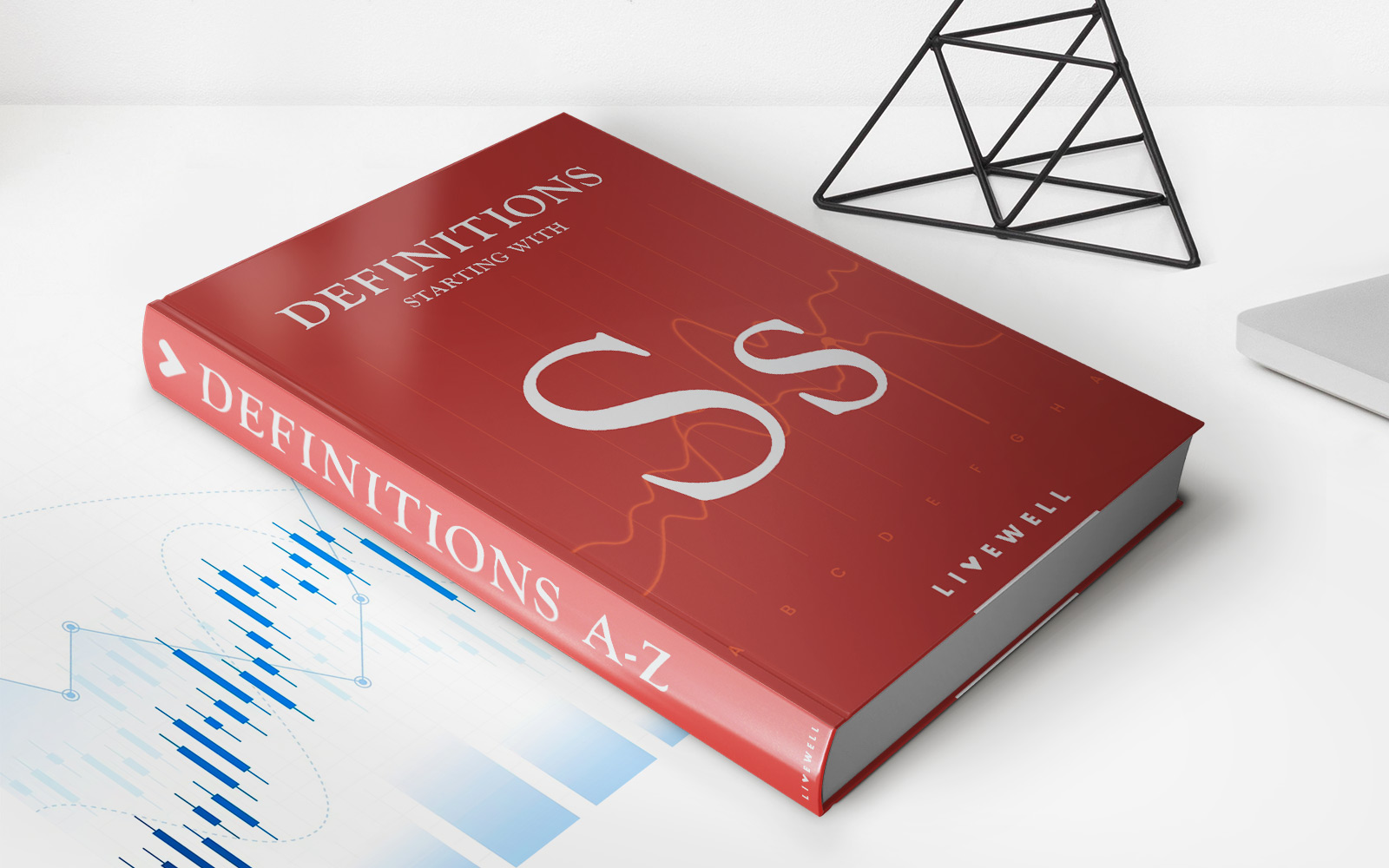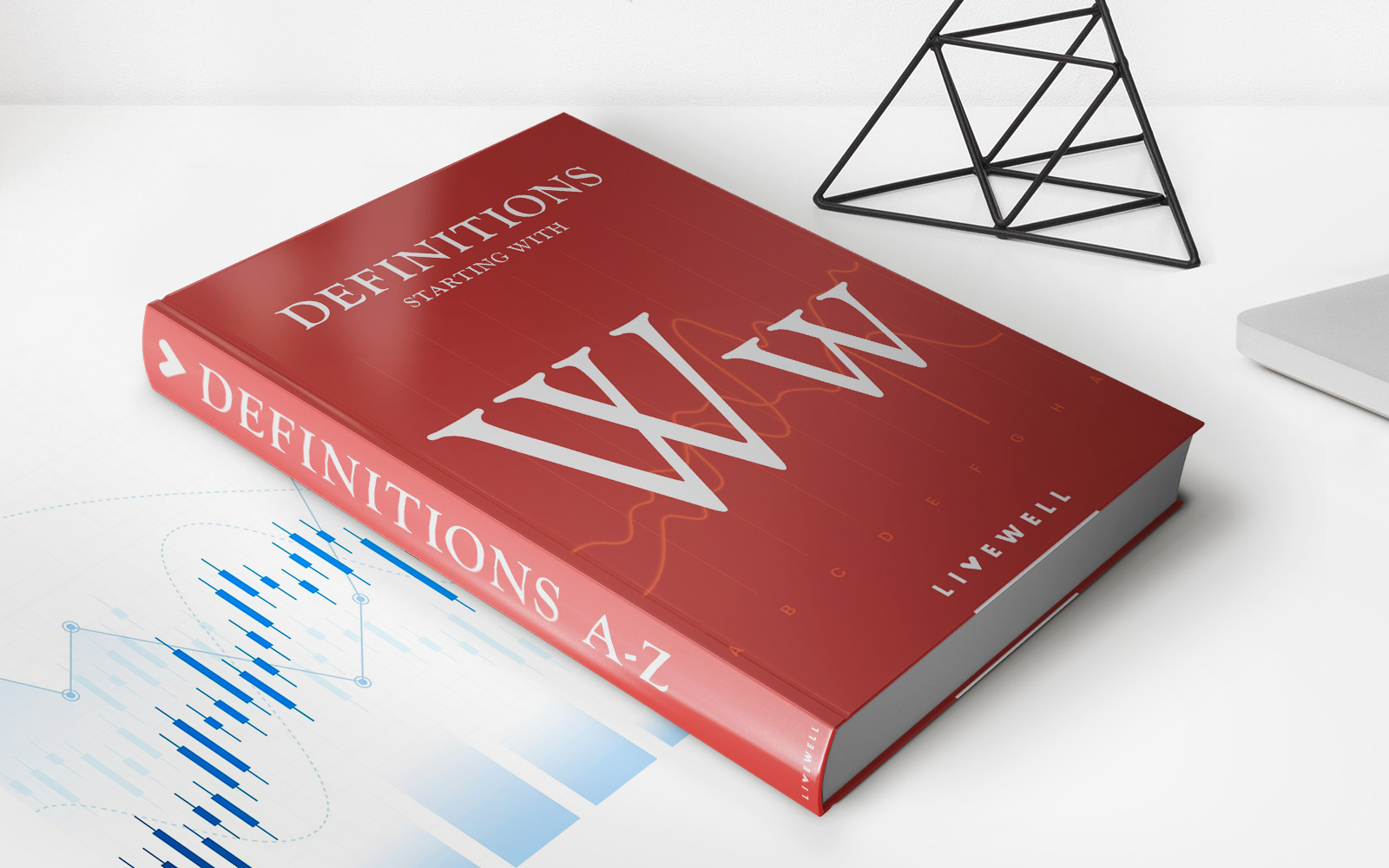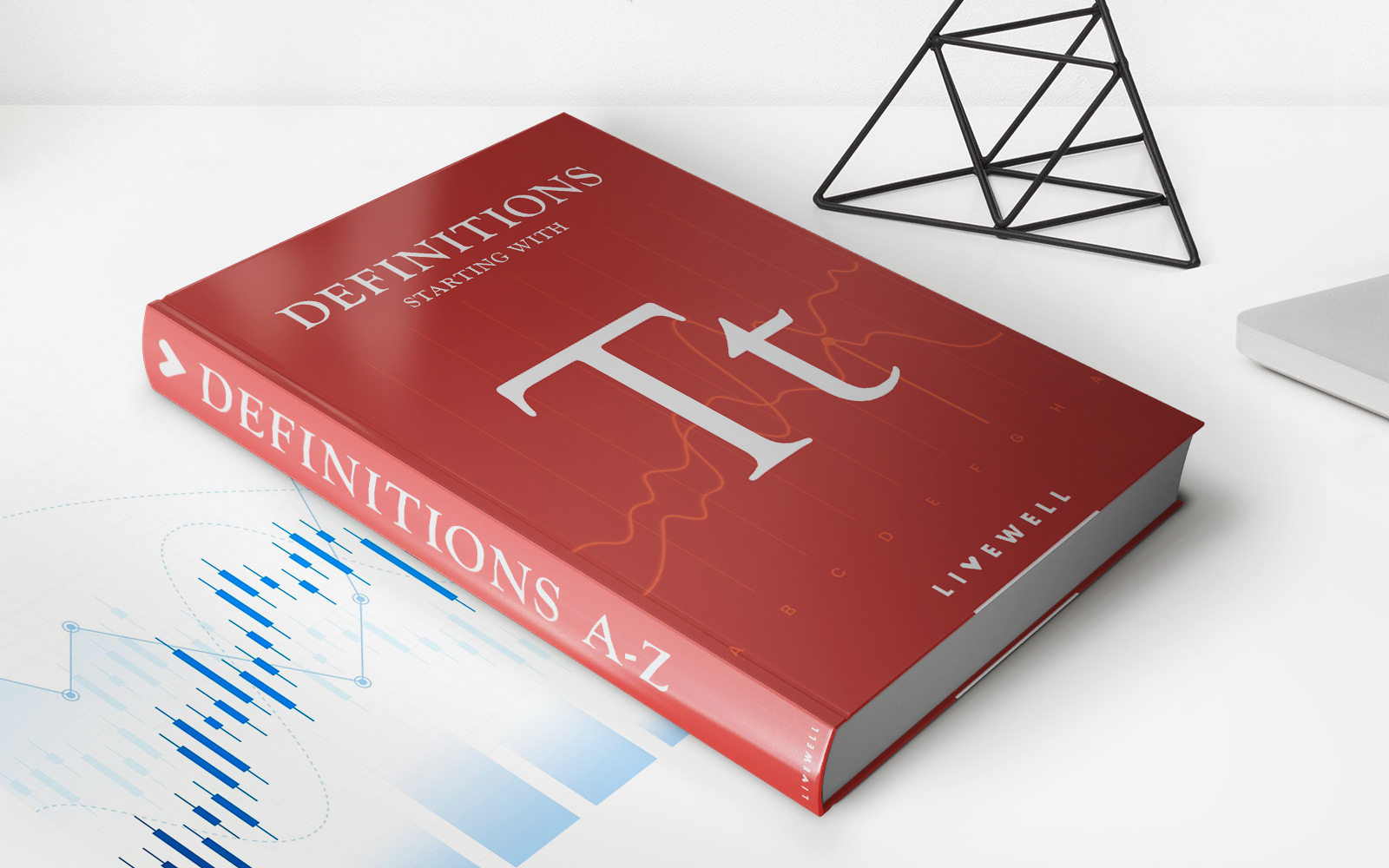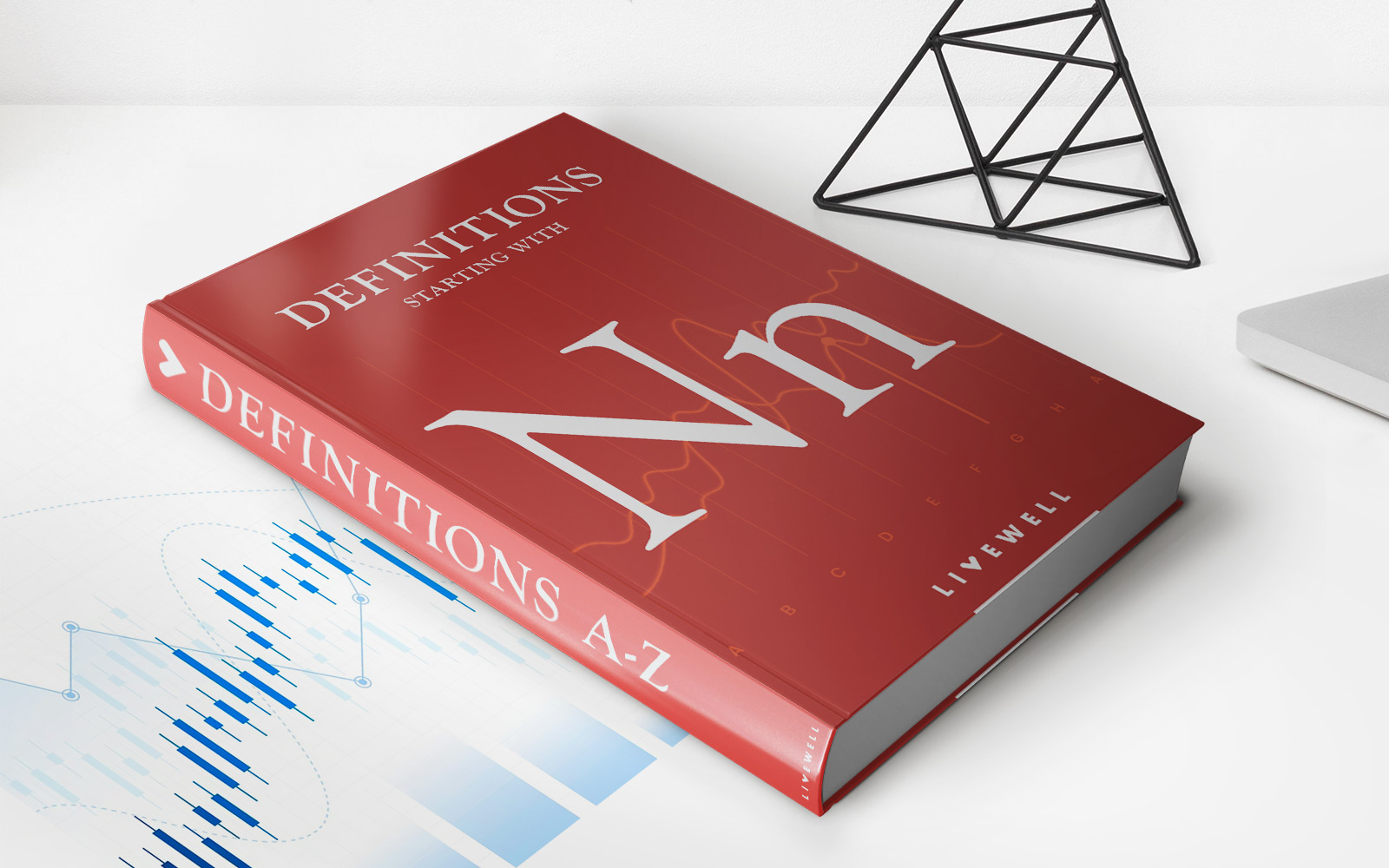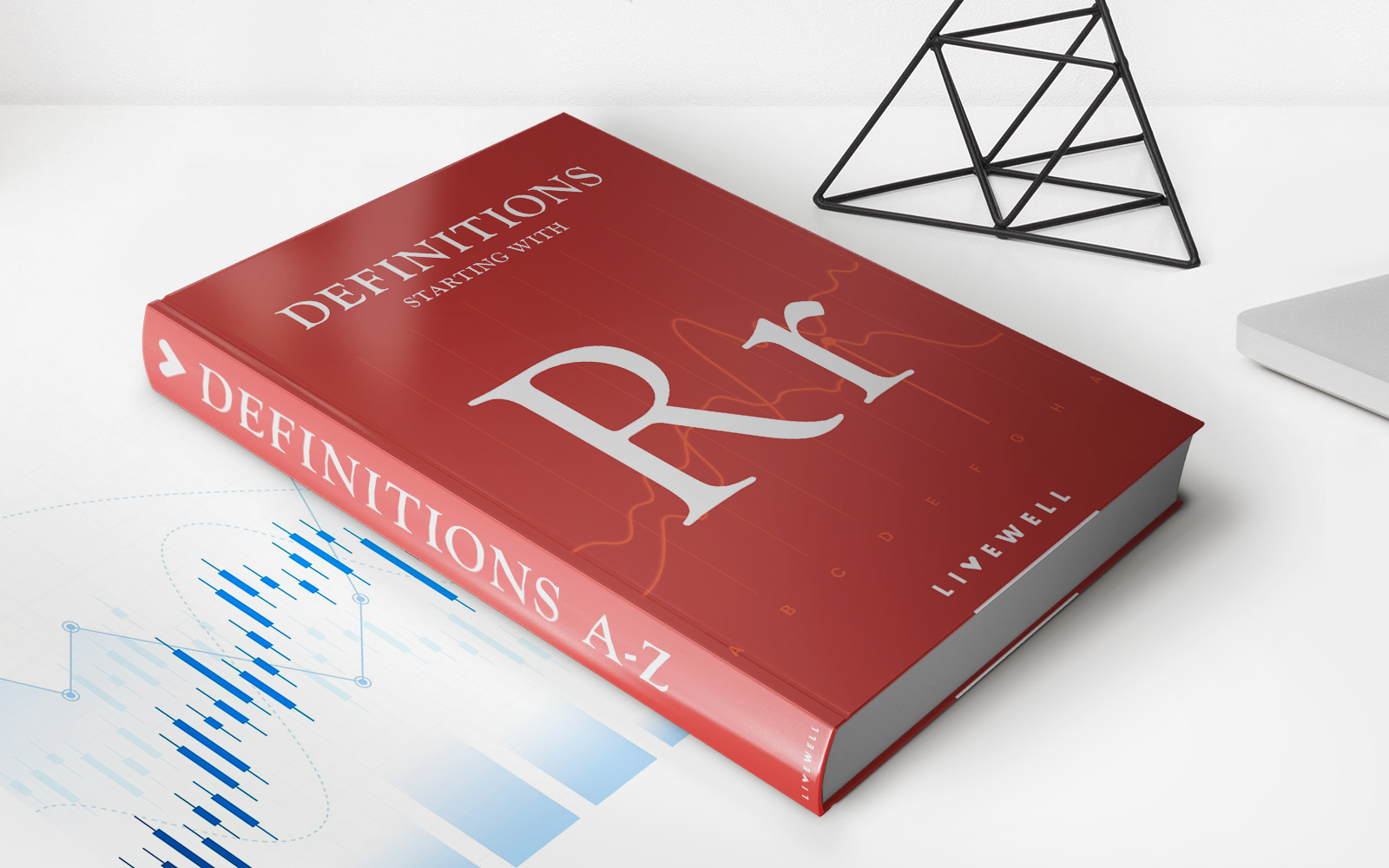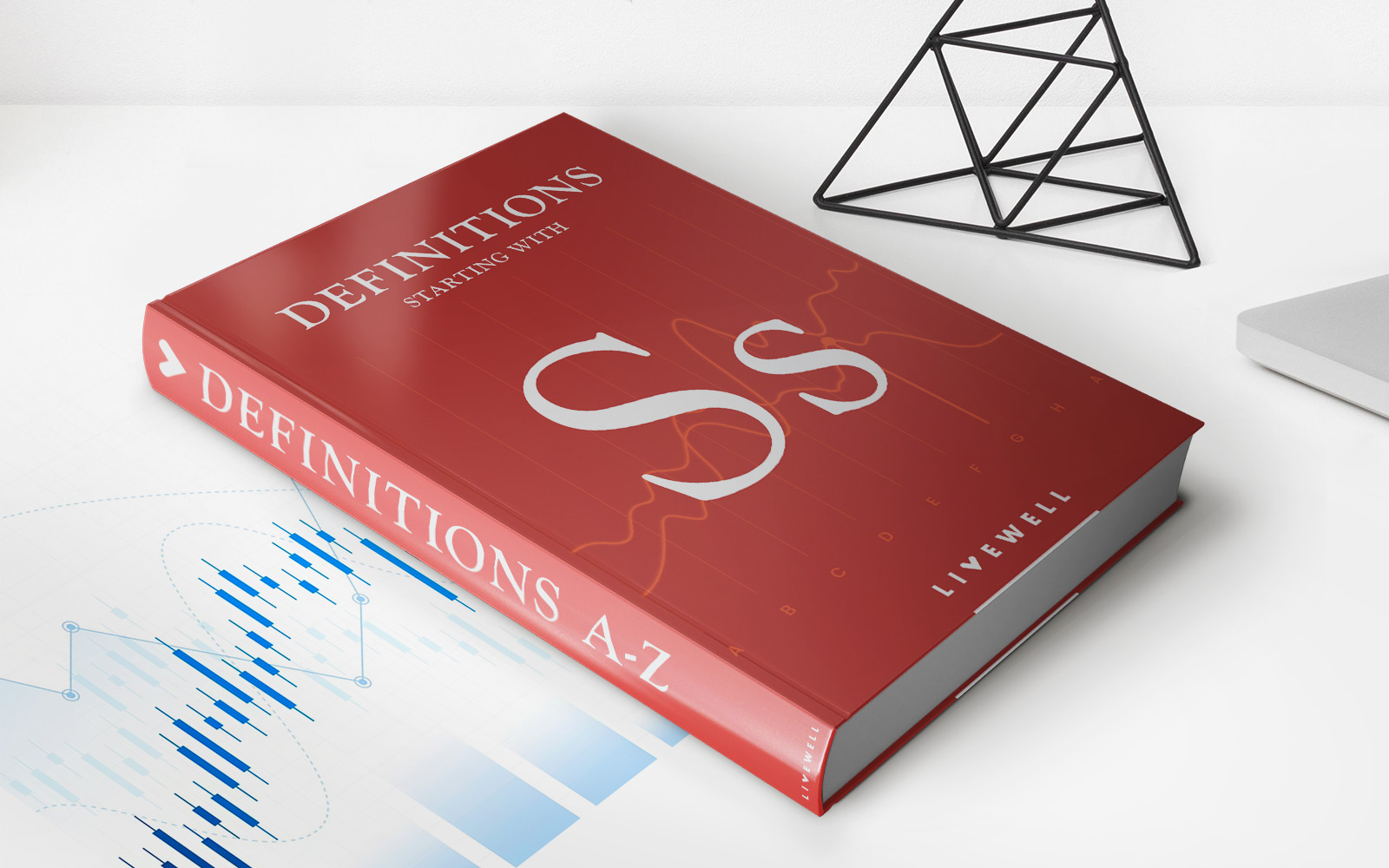

Finance
Spillover Effect: Definition
Published: January 31, 2024
Learn what the spillover effect means in finance and how it impacts various sectors. Understand the concept and its implications on the economy.
(Many of the links in this article redirect to a specific reviewed product. Your purchase of these products through affiliate links helps to generate commission for LiveWell, at no extra cost. Learn more)
What is the Spillover Effect in Finance?
Welcome to our finance blog! Today, we’re diving into an interesting concept known as the spillover effect in finance. So, what exactly is the spillover effect and how does it impact the world of finance? In this blog post, we’ll explore the definition of the spillover effect, its implications, and why it’s important to understand in the realm of finance.
Key Takeaways:
- The spillover effect refers to the impact of an event or decision in one market on the values of other related markets.
- It is essential to consider the spillover effect when making investment decisions as it can provide valuable insights into market interdependencies.
Defining the Spillover Effect
The spillover effect is a phenomenon that occurs when an event or decision in one market affects the values of other related markets. These effects can be observed across various financial markets, including stocks, bonds, commodities, and currencies. Essentially, any significant development or change in one market can have ripple effects on other markets around the globe.
This interconnectivity between markets arises from a multitude of factors such as globalization, technological advancements, and the interconnectedness of financial institutions. Particularly in today’s digital era, news and information travel quickly, allowing for swift transmission of market shocks and trends.
Implications of the Spillover Effect
The spillover effect has far-reaching implications for investors, policymakers, and financial institutions. Here are a few key implications to consider:
- Diversification: Recognizing the spillover effect helps investors understand the interdependence of markets. By diversifying their investments across different asset classes and geographical regions, investors can minimize their exposure to potential spillover risks.
- Volatility: The spillover effect can amplify market volatility. A sudden shock in one market can trigger a domino effect, causing price fluctuations and increased market uncertainty. Being aware of these spillover effects can help investors navigate volatile periods and adjust their strategies accordingly.
- Policy Considerations: Policymakers need to take into account the spillover effects when formulating economic policies. Changes in interest rates, trade agreements, or regulatory measures in one country can impact global financial stability. Understanding these spillover effects is crucial for designing effective policies.
To summarize, the spillover effect in finance refers to the impact that events or decisions in one market have on related markets. It is essential to consider these effects when making investment decisions and formulating economic policies. By understanding and monitoring the spillover effect, investors can make more informed decisions, mitigate risks, and potentially capitalize on new opportunities.
Thank you for reading our blog post on the spillover effect in finance. Stay tuned for more valuable insights and information on the world of finance!

